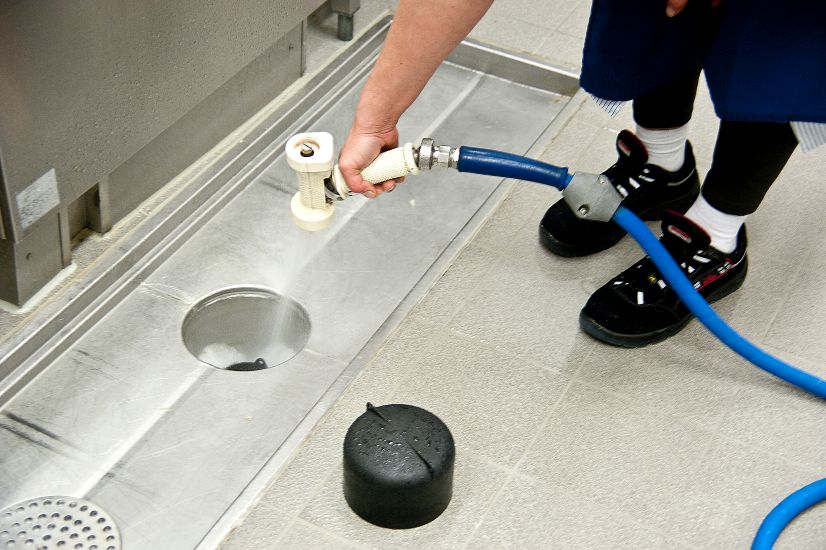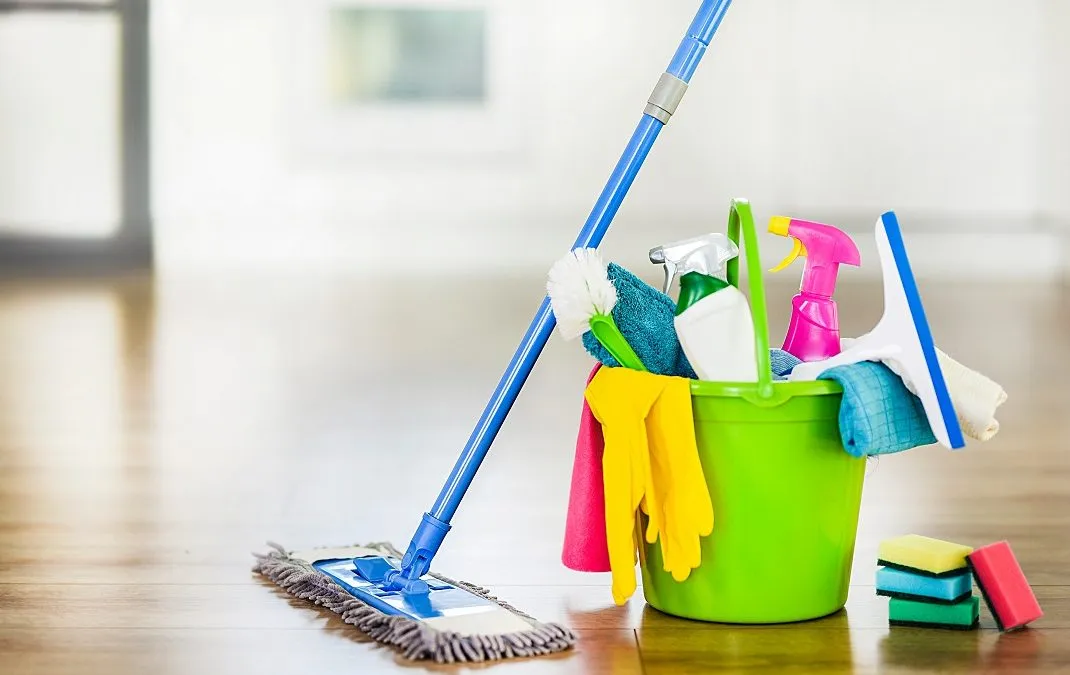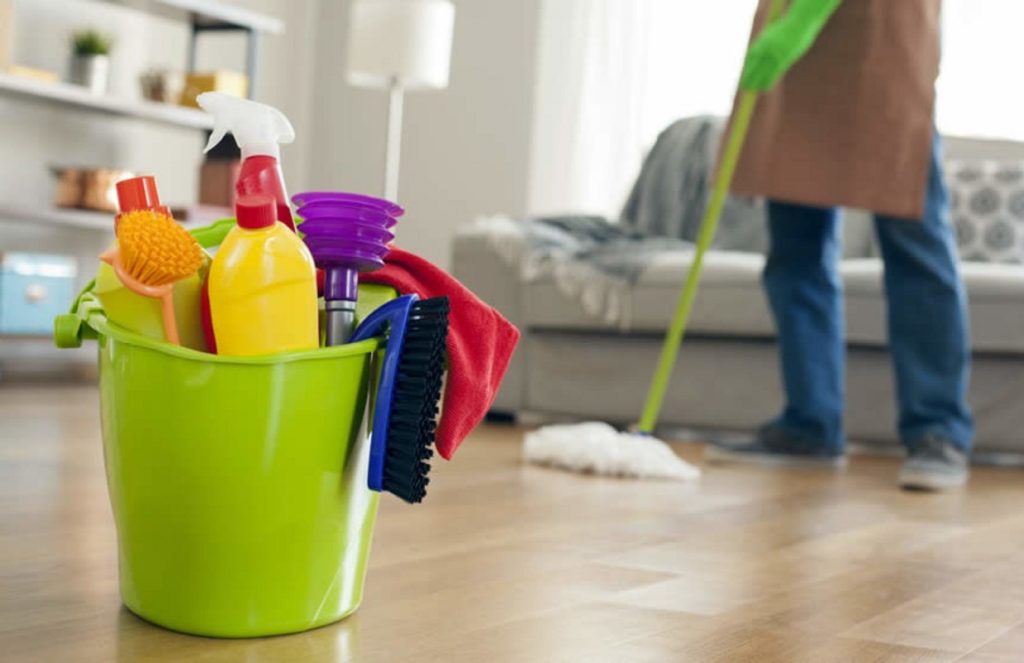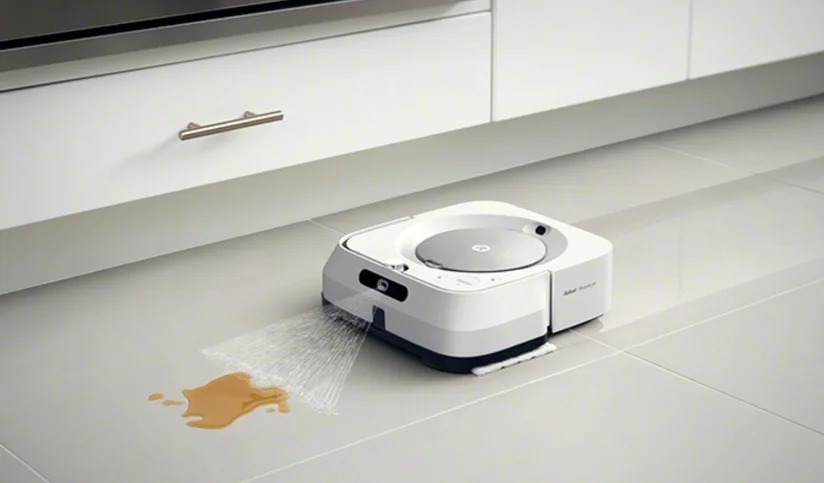It is out of debate as we totally understand the importance of a free flowing drainage system. Be it providing clean water or taking back the waste water, a good drainage system is the key to a happy home. Well not just a residence, even businesses and public spaces can get affected hugely without a proper drainage system in place. With this era of numerous products and cleaners easily available in the market, will it be wise to consider cleaning a blocked drain of your own? Let’s discuss more on this and find out which method can be more effective. Is it doing it yourself or call a professional drainage companya? Read on to know more.
Common Drain Issues
Symptoms of drainage issues can vary depending on the specific problem and its location in the plumbing system. Here are common symptoms that may indicate drainage problems:
1. Slow Drainage- Water is taking more time than usual to drain down the sink, showers or bathtubs.
2. Gurgling Sounds – Unusual gurgling or bubbling noises coming from drains when water is running or draining.
3. Water Backups- Backing up water into sinks, showers, or tubs after flushing a toilet.
4. Odd Smells – Unpleasant odour coming from the drains could be due to sewer gas escaping the pipes or decompositions of organic matter.
5. Standing Water – Water getting collected around floor drains in the basement can indicate drainage issues.
6. Overflow – Water backing up into the toilet or sink may indicate a blockage in the main sewer line.
Here are some common reasons for the above-said drainage problems
- Blockages or clogged drains
- Broken or collapsed drains
- Drain pipe corrosion
- Tree root infiltration
- Pipe freezing
- Leaking joints
Are DIYs effective?
If you have clogged drains in the kitchen or blocked drains in the toilet, it is common for us to go into panic mode. The first thing you might want to do is fix it on your own. And try a ton of things and seek no help. While DIY methods could be effective for minor drainage problems, it is highly important that we analyse the drain condition well. At times without understanding the drain conditions and performing DIYs we could worsen the situation. Also DIY methods can take longer to show its effectiveness. Use of chemicals as a DIY method needs extra caution as well. It is also important to exercise caution while exerting large amounts of force to unclog drains to avoid a massacre of bursting up of the drainage system. It is always advisable to consult a professional drainage company to be on the safer side.
Commonly Used DIYs to clear blocked drains
Plunging:
Effectiveness: High for minor clogs in toilets, sinks, and showers.
Considerations: Ensure a proper seal between the plunger and the drain, and use a plunging motion to dislodge the clog.
Boiling Water:
Effectiveness: Moderate for breaking down grease and minor blockages.
Considerations: This method is suitable for grease-related clogs but may not be effective for solid obstructions.
Baking Soda and Vinegar:
Effectiveness: Moderate for minor clogs and odour control.
Considerations: Pour baking soda down the drain, followed by vinegar. The chemical reaction can help break down some blockages.
Manual Snaking:
Effectiveness: High for reaching and removing clogs in pipes.
Considerations: Drain snakes, also known as augers, can be effective for physically breaking up and removing clogs. Manual and powered versions are available.
Chemical Drain Cleaners:
Effectiveness: Variable; can be effective for certain types of clogs.
Considerations: Use with caution. Chemical cleaners can be harsh and may damage pipes. They are best suited for organic clogs and may not work well on solid obstructions.
DIY Drain Cleaning Tools:
Effectiveness: High for hair and debris removal.
Considerations: Tools like zip-it drain cleaners or drain sticks can be effective for pulling out hair and other debris from drains.
Can DIYs go wrong?
Yes certainly DIYs can go wrong and be catastrophic. If not done correctly or if the underlying issue is more complex than initially thought, DIY cleaning or unblocking your drains go very wrong. Here are some common pitfalls and potential problems associated with DIY drain cleaning:
1. Incomplete Removal of Blockage:
DIY methods might not fully clear the blockage, leading to a temporary improvement but not a long-term solution.
2. Chemical Damage:
Harsh chemical drain cleaners can damage pipes, especially if used excessively or if the plumbing system has older or sensitive materials.
3. Pipe Damage:
Incorrect use of tools, such as a plumbing snake, can potentially damage pipes, especially if too much force is applied.
4. Failure to Identify the Root Cause:
DIY methods may provide a quick fix without addressing the root cause of the drainage issue, leading to recurring problems.
5. Health and Safety Risks:
Working with chemicals or using tools improperly can pose health and safety risks. Always follow safety guidelines and use protective gear when necessary.
6. Worsening the Problem:
In some cases, well-intentioned DIY efforts can make the problem worse. For example, attempting to clear a clog without identifying its nature may push the obstruction further into the pipe.
7. Ignoring Larger Issues:
DIY methods might not be sufficient for more significant problems such as collapsed pipes, tree root infiltration, or issues in the main sewer line. Ignoring these issues can lead to more extensive damage over time.
8. Costly Repairs:
If a DIY attempt goes wrong and causes damage to the plumbing system, the resulting repairs can be more expensive than if professional help had been sought initially.
To minimise the risks associated with DIY drain cleaning, consider the following:
– Research and Preparation: Understand the type of plumbing system you have and the potential causes of blockages before attempting DIY solutions.
– Use Safe Methods: Avoid aggressive chemicals and methods that could cause harm to your pipes or yourself. Read and follow product instructions carefully.
– Know Your Limits: If you’re unsure about the nature of the problem or how to address it, it’s better to seek professional assistance.
– Regular Maintenance: Perform preventive maintenance, such as using drain covers and cleaning hair and debris from drains regularly, to minimise the risk of clogs.
If DIY efforts don’t resolve the issue or if you’re dealing with a recurring problem, it’s advisable to consult with a professional plumber. They have the expertise and tools to identify and address drainage issues effectively while minimising the risk of damage to your plumbing system.
Serious Drain Problems need Expert Solutions
While household drain cleaners may dislodge a clog, they often leave behind residue, providing a foothold for new obstructions. In contrast, professional drain cleaners employ advanced tools like augers, ensuring a thorough cleaning of your pipes. These tools not only eliminate blockages but also remove any lingering residue. Investing in such professional-grade equipment can be expensive, with the alternative being a costly one-day tool rental. Owning these specialised drain cleaning tools, albeit pricey and only occasionally used, proves invaluable in tackling specific and challenging situations.
Why calling a drainage specialist can be a big game changer for your drainage system?
Whether you are worried about how to unblock an outside drain or want to unclog your home’s bathroom or sink, calling a professional help will seriously make things easier for you.
Calling a drainage specialist can make a significant difference in the health and functionality of your drainage system. Here are some key points highlighting why hiring a professional is a game-changer:
1. Expertise and Experience:
Drainage specialists possess extensive knowledge and experience in dealing with a wide range of drainage issues. Their expertise allows them to quickly identify the root cause of problems and implement effective solutions.
2. Proper Diagnosis:
Professionals use advanced diagnostic tools to accurately identify the nature and location of drainage issues. This precision enables targeted and efficient solutions, reducing the likelihood of recurring problems.
3. Comprehensive Solutions:
Drainage specialists don’t just address surface-level symptoms; they provide comprehensive solutions that target the underlying causes of drainage issues. This approach ensures long-term effectiveness and minimises the risk of future problems.
4. Specialized Equipment:
Professionals have access to specialised tools and equipment designed for various drainage problems. This includes high-powered drain snakes, cameras for pipe inspections, and hydro-jetting equipment, allowing them to tackle a wide range of issues effectively.
5. Preventive Maintenance:
Drainage specialists can offer preventive maintenance services to keep your drainage system in optimal condition. Regular inspections and maintenance help identify and address potential problems before they escalate, saving you from costly repairs in the long run.
6. Time and Cost Efficiency:
While it may seem cost-effective to attempt DIY solutions, calling a drainage specialist can ultimately save you time and money. Professionals can quickly and efficiently resolve issues, preventing the need for repeated attempts or costly repairs due to mistakes.
7. Safe and Environmentally Friendly Solutions:
Professionals prioritise safety and use environmentally friendly methods. They are trained to handle potentially hazardous materials and chemicals safely, ensuring the protection of your property and the environment.
8. Knowledge of Local Regulations:
Drainage specialists are familiar with local building codes and regulations. This knowledge ensures that any repairs or installations comply with the necessary standards, preventing potential legal and regulatory issues.
9. Emergency Services:
Many drainage specialists offer emergency services, providing prompt assistance in critical situations such as severe blockages, leaks, or backups. This can prevent further damage to your property and mitigate the impact of unexpected drainage issues.
10. Peace of Mind:
Engaging a drainage specialist gives you peace of mind, knowing that your drainage system is in the hands of a professional. This assurance is particularly valuable when dealing with complex or persistent drainage problems.
To Conclude
In summary, hiring a drainage specialist is a game-changer for your drainage system, offering expertise, specialised tools, comprehensive solutions, and the peace of mind that comes with professional assistance. It exactly depends upon the severity of the drainage problem. Hence analysing the situation is the key in determining whether opt DIY or call a professional drain company















